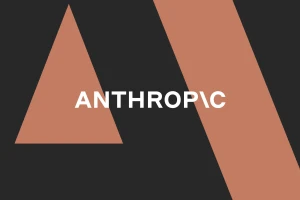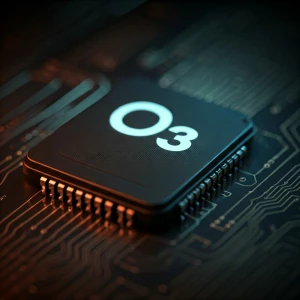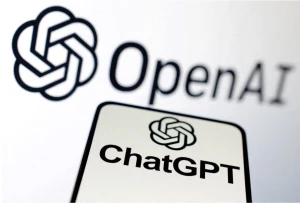الدورات
title
Anthropic Open-Sources Model Context Protocol to Connect AI Chatbots with Data

Anthropic made significant strides in AI development by open-sourcing a new protocol called the Model Context Protocol (MCP). This protocol is designed to solve the challenges of data silos and offer a seamless way to connect artificial intelligence (AI) systems to various data hubs. The company has also released local MCP support for the Claude Desktop apps and an open-source repository containing MCP servers for popular platforms like Google Drive, Slack, GitHub, Puppeteer, and more.
Overcoming AI Data Integration Challenges
While large language models (LLMs) are typically pre-trained on vast datasets, these models often struggle with specific, task-oriented queries due to the lack of real-time, contextual data integration. The ability to upload files and folders into AI systems and receive context-aware responses has become crucial for many AI applications. However, interacting with external datasets presents several challenges. Each data source often requires a different integration approach, and there is no universal protocol that developers can use to efficiently access these external data sources.
MCP solves these challenges by providing a unified protocol for AI systems to interact with various external data hubs. This eliminates the need for fragmented integrations, providing a reliable and efficient method for AI systems to access and process data.
Key Features and Benefits of MCP
- Universal Open Standard: MCP acts as a universal standard for connecting AI systems to various data sources, overcoming the limitations of traditional methods and ensuring consistency in AI's data processing.
- Pre-built MCP Servers: Anthropic has released pre-built MCP servers for popular enterprise platforms, such as Google Drive, Slack, GitHub, Git, Postgres, and Puppeteer. These servers make it easier for companies to integrate AI systems with their data sources.
- Local Support for Claude Desktop Apps: Developers can now use MCP within Claude Desktop apps, with local support already available.
- Open-Source Tools: Anthropic has made MCP specifications, software development kits (SDKs), and the repository of MCP servers available to developers, allowing them to integrate and deploy MCP within their systems.
- Enterprise Integration: Companies like Block and Apollo have already integrated MCP into their operations, while development platforms such as Zed, Replit, and Codeium are using MCP to enhance their AI tools.
Future Plans
Anthropic plans to further expand its MCP offerings by providing toolkits to help developers deploy remote production MCP servers. These servers will enable enterprises to connect AI systems to their internal data hubs, facilitating better AI integration across a variety of industries.
In summary, Anthropic’s open-source Model Context Protocol (MCP) marks a major step toward resolving the data integration challenges faced by AI systems. By providing a unified solution for connecting AI to data hubs, MCP will help developers improve the context-awareness of AI applications and enhance their performance across various tasks and industries.






